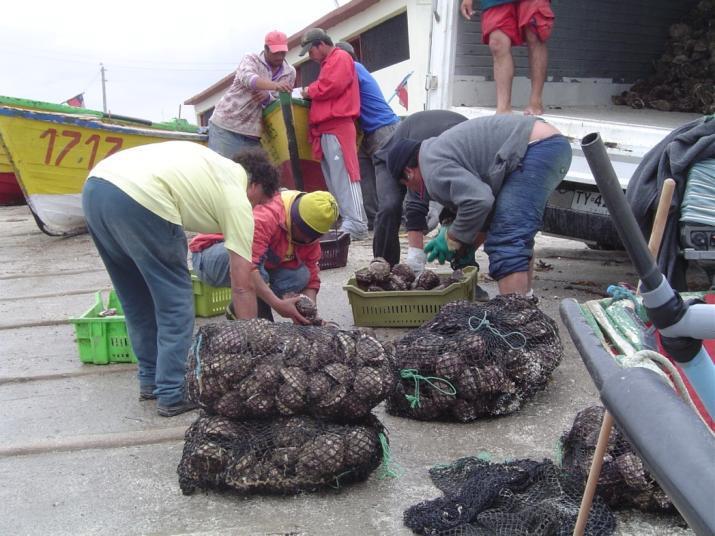Ana Cinti
Other projects
4 Jul 2012
Assessing the Performance of Institutional Arrangements to Reconcile Conservation and Small-Scale Fisheries in Marine Protected Areas: Cases From Latin-America
The project aims to continue previous work on governance of Marine Protected Areas and Small-scale Fisheries, examining and comparing the performance of different designs in South America. The proposal includes training and outreach activities to enhance stakeholders’ collaboration and participation in research and decision making.

Small-scale fisheries (SSFs) occur in coastal areas and are likely to be affected by diverse uses of the coastal zone (e.g. urbanization). In Latin America, many SSFs operate within ecologically sensitive areas, having some level of formal protection for conservation reasons. Reconciling conservation with resource use is often socially and politically challenging, due to the large number of people involved and the significance of fishing for their livelihoods. Diverse forms of multiple-use marine protected areas (MPAs) have been independently designed and implemented in several Latin-American countries to accommodate SSFs (among other uses) and conservation. Examples include, Reservas Extrativistas Marinhas (RESEXs) in Brazil and diverse formats in Mexico, Ecuador, Colombia, Chile and Argentina, among others. We will continue previous work on governance of MPAs and SSFs, examining and comparing the performance of different designs in South America. We will intensify research in previously studied MPAs and incorporate new sites. Also, we will enrich our approach incorporating fishers’ knowledge (on resources and the ecosystem, fishing practices, governance) and livelihoods data. Both research fields are of known value to improve governance (Allison & Ellis 2001, Berkes 2012). The proposal includes training and outreach activities to enhance stakeholders’ collaboration and participation in research and decision making.